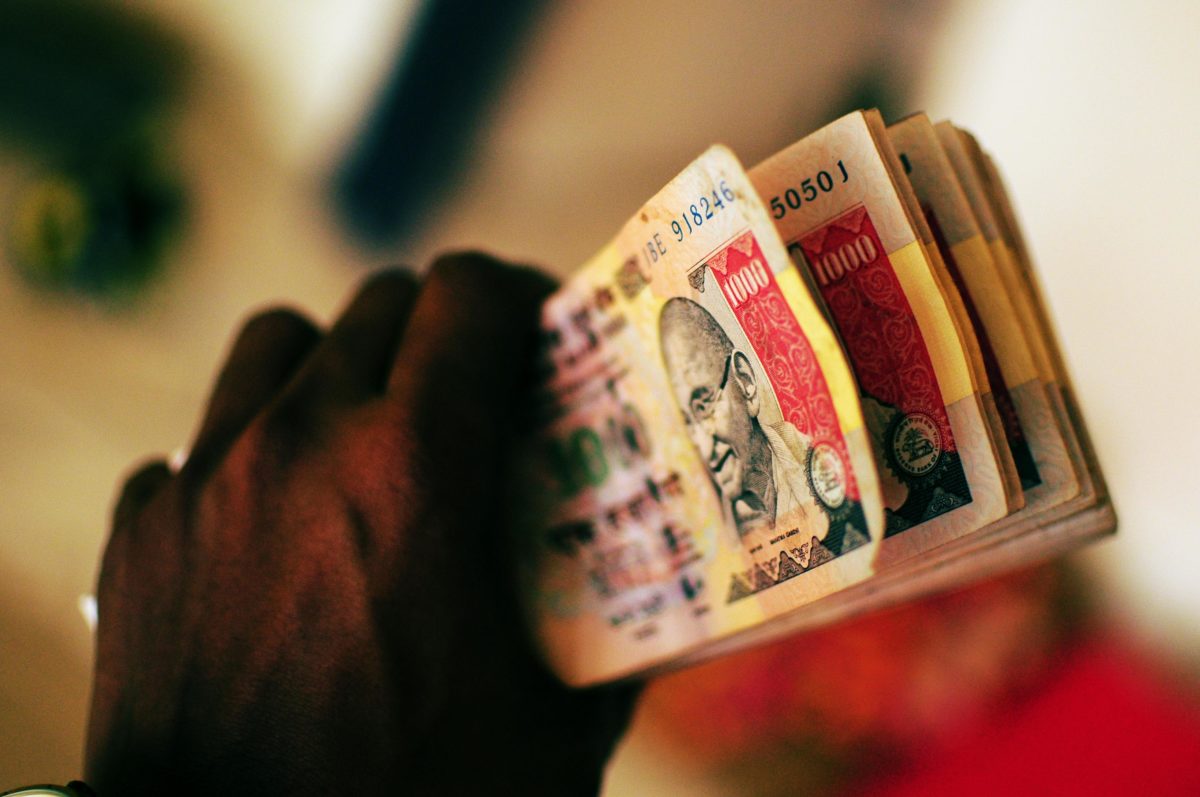The government of Andhra Pradesh is set to reduce what it has dubbed “abnormally priced” solar and wind power purchase agreements agreed between developers and state distribution companies during the tenure of former chief minister N Chandrababu Naidu.
“The power distribution companies (discoms) in the state are in financial crisis with huge power purchase dues amounting to about Rs20,000 crore [to] date,” said the state government in an order. “One of the major reasons for this is the issue of abnormally priced wind and solar power purchase agreements entered in recent years. In order to ensure that consumers are provided with affordable power and discoms are pulled out of the financial distress there is a need to review and renegotiate the exorbitantly priced wind and solar power purchase agreements (PPAs).”
The move comes in direct contradiction of Ministry of New & Renewable Energy (MNRE) advice against renegotiating power supply deals.
A nine-member high level negotiation committee in Andhra Pradesh will have 45 days to review and negotiate the PPAs in question and submit a detailed report to the state government.
Ministry opposition
Last month the MNRE wrote to the chief secretary of Andhra Pradesh expressing serious concerns about the decision to revisit PPAs. The ministry said no contractual agreements could be revisited without a bona fide reason and such an act would disrupt the national renewable energy ambition and harm investor confidence.
Chief minister YS Jaganmohan Reddy was elected to the role at the end of May, with the YSR Congress regional party leader formerly the leader of the opposition in the state legislative assembly in opposition to chief minister Naidu, of the Telugu Desam regional party.
Industry insiders believe the move will jeopardize a huge number of renewables projects that are under construction and in the development pipeline. Andhra Pradesh has installed solar generation capacity of 2.75 GW with another 1.9 GW planned.
“Almost all projects [and] tariffs have been awarded through open competitive auction processes and all have been approved by the state regulator,” said Vinay Rustagi, managing director of consultancy Bridge to India. “Therefore we don’t believe that there is any chance of successful renegotiation. India has a very strong legal process for resolving such cases. Nevertheless, the sector will face increased uncertainty and weakened investor confidence in the short term.”
This content is protected by copyright and may not be reused. If you want to cooperate with us and would like to reuse some of our content, please contact: editors@pv-magazine.com.








1 comment
By submitting this form you agree to pv magazine using your data for the purposes of publishing your comment.
Your personal data will only be disclosed or otherwise transmitted to third parties for the purposes of spam filtering or if this is necessary for technical maintenance of the website. Any other transfer to third parties will not take place unless this is justified on the basis of applicable data protection regulations or if pv magazine is legally obliged to do so.
You may revoke this consent at any time with effect for the future, in which case your personal data will be deleted immediately. Otherwise, your data will be deleted if pv magazine has processed your request or the purpose of data storage is fulfilled.
Further information on data privacy can be found in our Data Protection Policy.